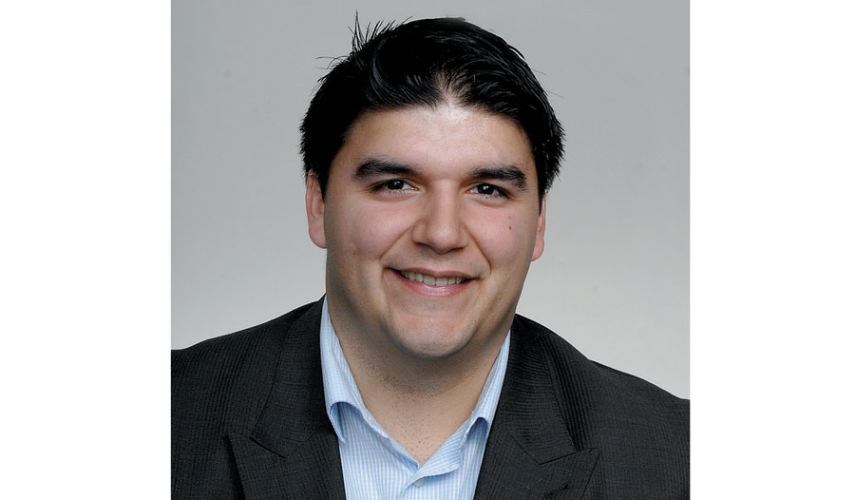After Trinity Western University won its fight with the Law Society of B.C. in court last Wednesday, I reviewed the decision to overturn the society's decision to deny accreditation to TWU law school grads.
While I am not a lawyer, I gleaned two things from the decision made by Hon. Chief Justice Hinkson: first, that the LSBC was procedurally unfair to TWU, and, second, that the competing Charter rights at play in this particular case, religious freedom versus equality provisions, are serious factors that remain to be settled.
The bone of contention is around the university's demand for students to sign a pledge that they will only have married, heterosexual sex.
Hinkson makes it clear that how a decision is reached is just as important as why it was reached in matters of law. And in this case, Hinkson shows through his summary and reasoning that the LSBC Benchers are guilty of "fettering their discretion" in the form of allowing LSBC members at large to vote on TWU's approval, a decision that is the purview of the elected Benchers alone.
According to Hinkson, the entire question turns on this point. The LSBC Benchers were not procedurally fair to TWU in this instance, for after having approved TWU's law school as elected members of LSBC in April 2014, they then reversed their decision by yoking themselves to the results of a Special General Meeting and a mail-in ballot.
The good judge does touch on the issue of competing Charter rights, and even comments on the decisions made in other jurisdictions, as TWU has challenged the Law Society of Upper Canada and the Nova Scotia Barristers Society on similar grounds. While his commentary on these issues is noteworthy, Hinkson ultimately points to the lack of fair procedure as the primary reason for his decision to quash the LSBC's rejection of TWU's law school.
This decision brings TWU's total victory count up to 2/3 in as many jurisdictions, and it is highly likely that this case, just like TWU's case against the BC College of Teachers in 2001, will end up before the Supreme Court of Canada. I have no doubt that the SCOC will side with TWU as it did in 2001, for the question is essentially the same as before, and, contrary to what Ontario's Law Society might think, changing times doesn't undo precedent and facts.
So what's the takeaway? Well, in the nastiest editorial light, I'm having trouble understanding how the Benchers for the LSBC managed to trick themselves into thinking they could undo their past decision to approve TWU through an illegitimate referendum.
For a body that's entire raison d'etre is to facilitate the professional development and standards of those who practise law, this seems terribly incompetent, even negligent.
Further to this, it is my honest opinion that while the competing Charter rights have not been resolved, the bias of those opposed to TWU's accreditation within the LSBC are clear as day when the letter that was sent out to LSBC members before the SGM is read properly: "approval [of TWU] ought to be withheld absent an evidentiary basis to conclude that the approval of this university would have the effect of improving the standard of practice of lawyers in [BC]."
Again, I'm not a lawyer, but I am literate enough to see that the author of this letter is proposing to presume TWU guilty of "unacceptable discriminatory attitudes" without a fair hearing, which is the very antithesis of the common law tradition. TWU has no record of any such discrimination, and given the case law from TWU's previous tangle with the BCCT, my recommendation to this legal professional would be to quiet down and do more reading.
In the end, TWU and the cause of free belief have been vindicated, even if it rests on a technicality. Whatever the LSBC decides to do from here, it might do well to follow simple advice of all lay people in regards to the law: if you want to save money, read the small print.



